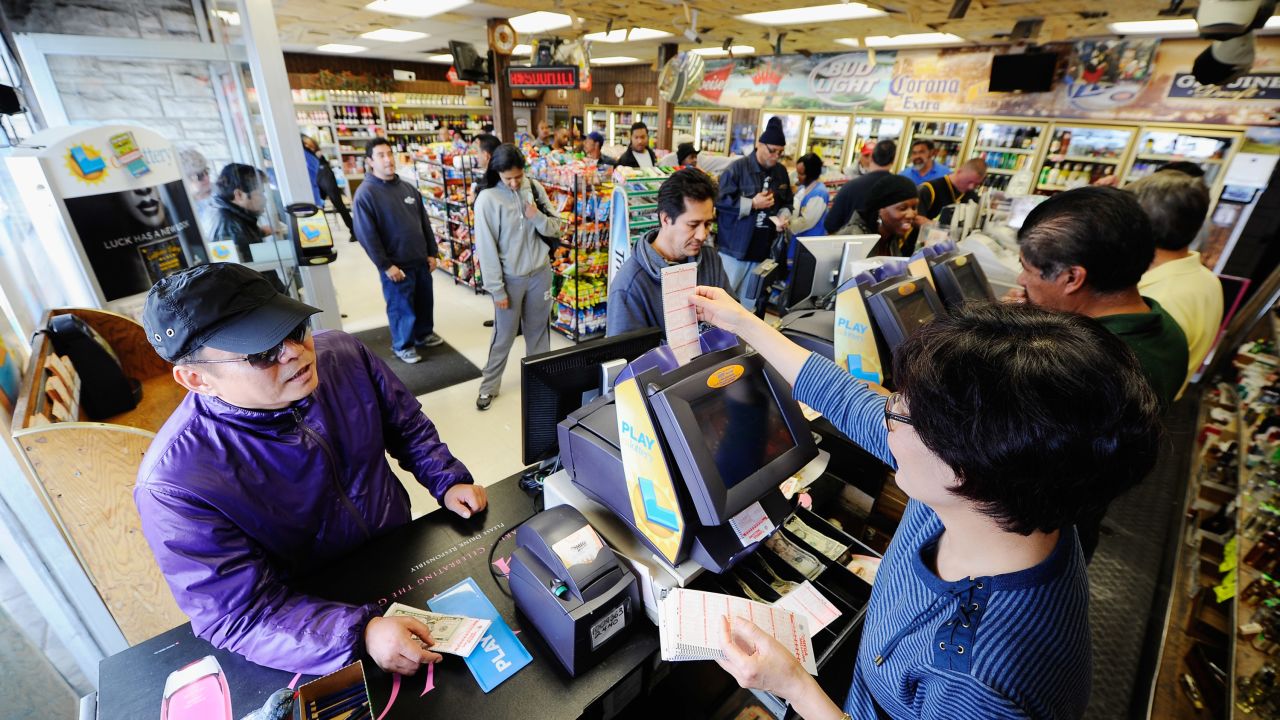Lotteries, those games of chance promising instant fortunes, have captivated human imagination for centuries. Whether it’s the allure of a life-changing jackpot or the simple thrill of testing luck, the keluaran macau craze remains an intriguing phenomenon that goes beyond mere odds and probabilities. Let’s dive into the fascinating world of lotteries and explore the complex tapestry of player behavior that surrounds it.
The Temptation of the Jackpot
At the heart of the lottery frenzy lies the staggering allure of the jackpot. The idea of winning millions with a single ticket purchase ignites dreams and fantasies in the minds of players worldwide. This dream acts as an emotional magnet, drawing in hopefuls from all walks of life, transcending social, economic, and cultural boundaries.
The astronomical odds of winning rarely deter enthusiasts. Instead, it fuels the excitement. The very act of purchasing a ticket becomes a form of indulging in the fantasy of what life could be like if luck were to favor them.
The Psychology Behind Participation
Lotteries offer more than a chance to win; they provide a unique psychological experience. The anticipation leading up to the draw, the suspense during the announcement, and even the brief moment of disappointment for most participants post-draw all contribute to an emotional rollercoaster that keeps them engaged.
Psychologically, the appeal of lotteries can be attributed to a phenomenon called “optimism bias.” Individuals tend to believe that they are luckier or more likely to win than statistical probabilities suggest. This cognitive bias amplifies the excitement and keeps players coming back, even if logic dictates otherwise.
Social and Cultural Influences
Lotteries are deeply ingrained in societal and cultural fabrics. They often symbolize hope, a chance at a better life, or a stroke of luck amidst the uncertainties of everyday existence. In some cultures, participating in a communal lottery draw is a tradition, fostering a sense of community and shared anticipation.
Moreover, media coverage of jackpot winners further fuels the frenzy. Human interest stories about those who hit the jackpot generate a narrative that anyone could be the next lucky winner. This storytelling aspect amplifies the emotional connection people have with lotteries.
Responsible Gaming and Impact
While the lottery craze offers moments of excitement and hope, it’s essential to address the potential downsides. Excessive participation in gambling, including lotteries, can lead to financial strain, addiction, and other negative consequences. Encouraging responsible gaming practices and raising awareness about the risks associated with excessive gambling is crucial to safeguarding players’ well-being.
Conclusion
The lottery craze is a multi-faceted phenomenon, intertwining psychology, emotion, culture, and tradition. It provides a unique lens through which to observe human behavior and the complex interplay between probability and aspiration.
Ultimately, whether one chooses to participate in a lottery or not, understanding the underlying reasons for its appeal sheds light on the intricate workings of human psychology and the pursuit of hope and fortune.


